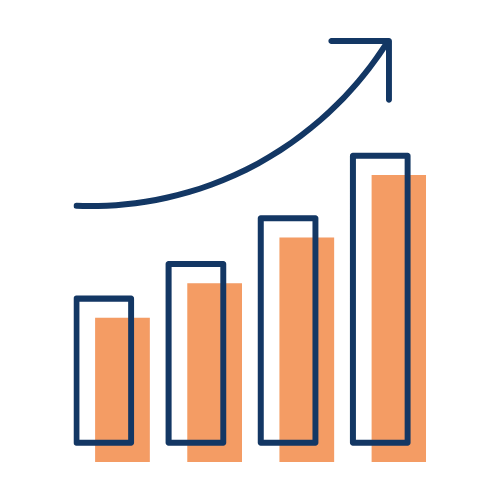Get a Job as a Data Analyst without Any Experience
So, you’ve been on the job boards, searching google, looking for any way to become a Data Analyst without any experience or technical skills and somehow it led you to this video… which is great.
So how do you get a job as a Data Analyst with no experience?
Introduction:
Finding a job as a data analyst without any prior experience may seem like a daunting task, but it is indeed possible. Companies often hire individuals with no experience in the field for various reasons, including cost-effectiveness and the desire for fresh talent. In this blog post, we will discuss a roadmap to help you become a data analyst from scratch, even if you lack professional experience or technical skills. By following these steps, you can increase your chances of securing a job as a data analyst and kick-starting your career in the field.
Can Companies Hire Candidates with No Experience?
The answer is yes, companies do hire individuals without prior experience for data analyst positions. Here are a few reasons why:
Cost-Effectiveness: Hiring someone with no experience is often more cost-effective for companies compared to hiring an experienced data analyst. As a beginner, you may start on the lower end of the salary range, which can be advantageous for companies.
Fresh Perspective and Willingness to Prove Themselves: Companies often appreciate fresh talent that brings new ideas and perspectives to the table. Being willing to prove yourself and demonstrate your capabilities can be an asset when starting your career as a data analyst.
Talent Shortage in Data: The demand for data analysts is growing rapidly across industries. Many departments within companies require analytical skills, leading to a shortage of qualified professionals. This shortage increases the chances of individuals with no experience being hired.
Roadmap to Become a Data Analyst from Scratch
1. Formal Learning
While you don't need a Ph.D. in statistics, pursuing a course or two in data analytics can greatly benefit you. Consider enrolling in courses like the Google Data Analytics Professional Certificate or the IBM Data Analyst Professional Certificate. These courses are popular and provide comprehensive learning in the field. Additionally, platforms like Udemy offer various data analytics courses that cater to different learning preferences. Ensure that you learn a programming language like SQL or Python and familiarize yourself with visualization tools such as Power BI, Tableau, or Google Data Studio. Obtaining certificates from these courses will add credibility to your resume.
2. Building a Portfolio
To showcase your data analysis skills, it's essential to have a portfolio of projects. Data analytics is a hands-on field, and employers want to see tangible evidence of your abilities. Create interactive dashboards using tools like Tableau or Power BI and publish them online or compile them into a PDF document. Host your Python scripts on GitHub and provide detailed descriptions of your projects. Kaggle.com is a valuable resource for finding project examples and datasets. You can participate in competitions on Kaggle and adapt existing code to create unique projects. Gradually build up your portfolio to include passion projects and highlight your accomplishments.
3. Leveraging LinkedIn
While not mandatory, utilizing LinkedIn can significantly boost your chances of getting noticed by potential employers. Post about your projects and accomplishments on LinkedIn to showcase your skills to a broader audience. Participate in industry events and webinars and share your experiences on the platform. Networking on LinkedIn can help you connect with professionals in the field and potentially lead to referrals or job opportunities.
4. Applying for Jobs
When applying for data analyst positions, focus on entry-level roles or those requiring a maximum of two years of experience. Craft a compelling cover letter or paragraph specifically tailored to each job application. Highlight relevant skills and discuss how your projects align with the job requirements. Emphasize your willingness to learn and your passion for the field. Don't limit your applications to larger companies; startups often value hiring individuals with potential and are more open to taking chances. Be prepared for rejection, as it is common when starting out. Don't give up and continue refining your skills and applying to suitable positions.
Conclusion:
Getting a job as a data analyst without any prior experience may initially seem challenging, but with the right approach, it is achievable. By following this roadmap, which includes formal learning, building a portfolio, leveraging LinkedIn, and applying for suitable positions, you can increase your chances of securing a data analyst job. Remember to stay persistent, continue learning and refining your skills, and never underestimate the power of networking. With determination and dedication, you can pave the way for a successful career as a data analyst. Good luck and follow for more!


